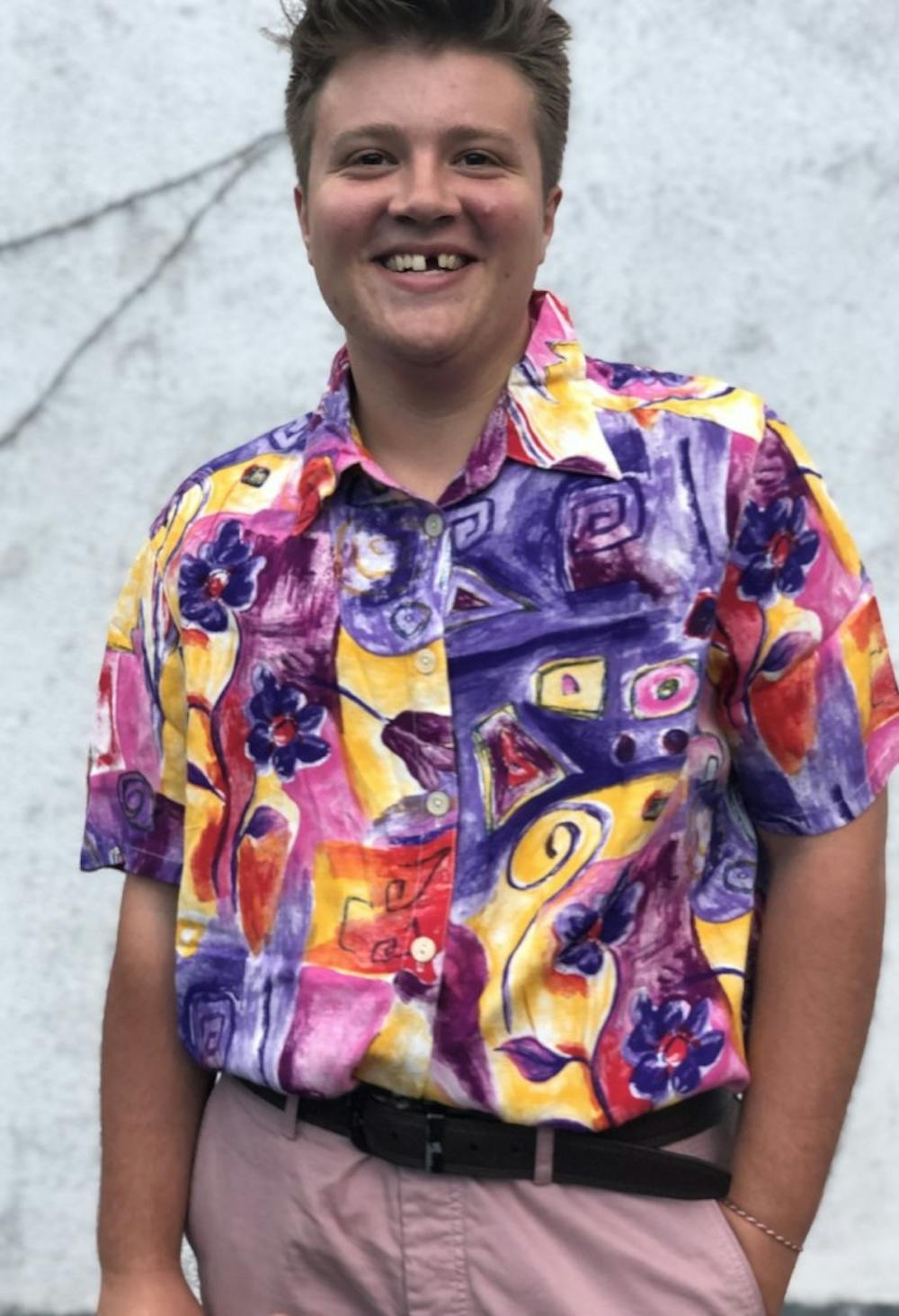“This is just one example of how transgender people are left out of the discourse,” Ezra Wright, a member of UNC’s Sexuality and Gender Alliance said.
There is minimal representation and few doctors that perform gender affirmation surgery, they said.
Anne Stephens, a clinical medicine physician at Campus Health, said she understands that LGBTQ+ healthcare should not have a singular approach.
There is a range of ways individuals may choose to transition and express their gender, she said. Changes may be social factors like name and clothing style, or more medical-based changes with male or female hormone medication. The medical side of student transitions is what she and her colleagues aim to help with.
Conley said that pursuing gender confirmation surgery is the right choice for him. However, medical transitions mark a small piece of the deeper LGBTQ+ identity.
“The idea that as a transgender person you need to be transitioning is not true,” Wright said. “It has nothing to do with validity.”
They said that the story of gender does not end with surgery — that surgery is not the core of the transgender experience.
“It’s like gender,” Wright said. “Transitioning is treated as binary — it’s not.”
The transgender and LGBTQ+ experience, Conley said, is somewhat shaped by cultural exceptions and the media. He said that it is extremely important that support for the transgender community be genuine.
“There are a lot of people at this University that I have found to be my best supporters,” he said. “But I’m not sure that this University as a whole is cognizant of the struggles that trans people face."
Conley said that there is a prevalence of token queer people or token people of color in the media and University public relations.
“In terms of University treatment of trans individuals,” he said, “a motto that they should go by is 'representation, not exploitation.'”
To get the day's news and headlines in your inbox each morning, sign up for our email newsletters.
He said acknowledging the successes, not just the dangers and violence, in the LGBTQ+ community is a necessary shift in mindset. He said the resilience of the transgender community is shown through the presence of transgender people in academia, healthcare, the arts and other industries.
“Why should someone have to die in order for people to care?” he said. “The ultimate act of resistance is still being alive.”
Conley said he is still discovering his own identity and his advocacy work.
“I don't want my narrative to be pigeonholed into being a single-story narrative," he said. “There is not a ‘before’ or an ‘after’ to my transition, as I am learning.”
Conley is often afraid that his identity defines him and his body.
“Sometimes when I look in the mirror, I still see a stranger," he said. "I will always be living in a state of transition."
Conley’s view of top surgery is not cosmetic.
“It's one step closer to becoming someone I recognize to be myself,” he said. “And quite honestly, it will be a life-saving procedure like any other surgery someone may have.”
@alliemkelly
university@dailytarheel.com



